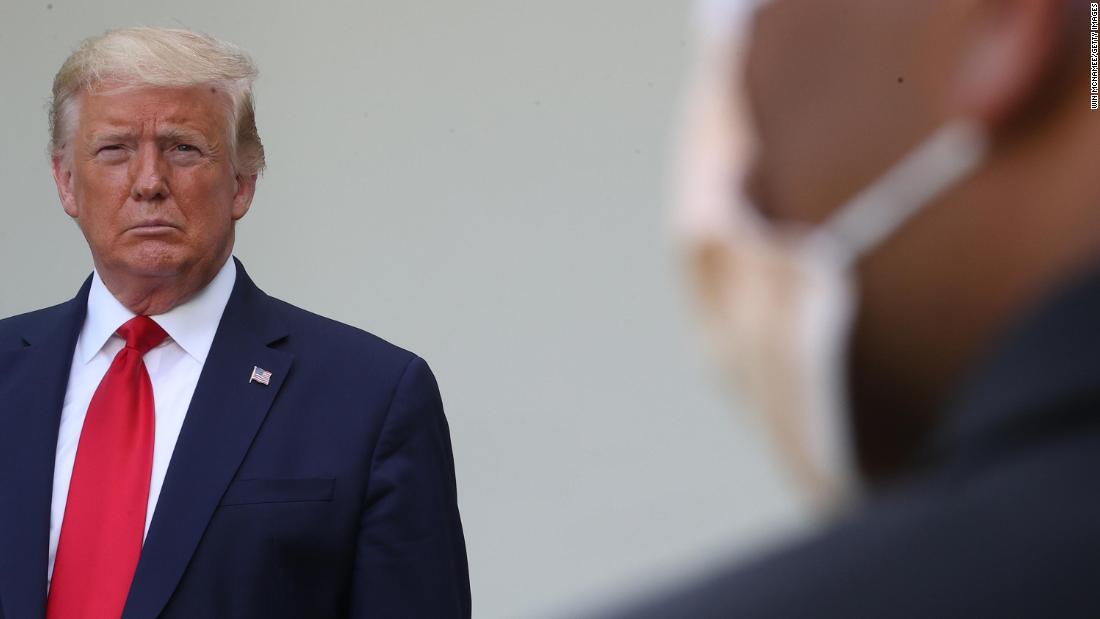
The Rose Garden event at 5 pm ET was added to the President’s schedule in the mid-afternoon. It was announced as a “press conference,” although the White House has previously announced events as press conferences only to have Trump leave without answering questions.
Trump has stated that he is not happy with the country, but that he does not yet plan to scrap the trade deal he reached with Chinese President Xi Jinping last year.
“I think what China has done to the world with what happened: the Chinese plague, you can call it the China virus; you can call it whatever you want to call it, there are about 20 different names, what they did to the world should not be forgotten” Trump said Monday at a police round table.
In early July, the United States Senate passed a final version of the legislation that would punish China for measures that lawmakers fear will crush democratic freedoms in Hong Kong.
On Monday, Secretary of State Mike Pompeo announced a formal rejection of “most” of China’s maritime claims in the South China Sea, the latest in the escalation between Washington and Beijing.
Last week, the Trump administration cracked down on Chinese officials for their involvement in human rights abuses in the Xinjiang region, where Uighur Muslims and other minority groups have been detained and tortured.
And two weeks ago, the administration announced visa restrictions for current and former Chinese officials who, it says, “were responsible for eviscerating the liberties of Hong Kong.”
.